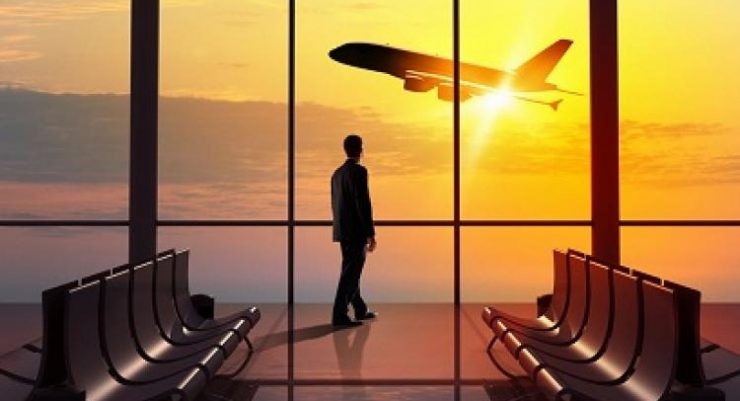THE plan to restore the aviation industry to return to normal in the next 3 to 4 years can be accelerated if the government handles cases of the spread of COVID-19 better.
According to a flight observer from the Indonesian Airline Network (Japri), Gerry Soedjatman said the current passenger figure is still below 50% of normal and that is difficult for the aviation industry. By the end of the first quarter of next year, passenger occupancy must reach 70% of the usual rate so that the airline does not collapse.
“For that, I hope the government can solve the COVID-19 outbreak properly. If this is done well, then 90% of the domestic market will recover shortly thereafter. On the other hand, I also admit that if a vaccine has been found and applied, it will not immediately restore conditions to pre-crisis conditions, because it will still take several more years for this epidemic to be completely controlled,” he said.
He added, so, back again, how is the handling of the outbreak and interim normal. Now our passenger numbers are still below 50% than usual. It’s tough for the industry. We have to get 70% by the end of Q1/2021. If you don’t want this sector to collapse.
Gerry explained that recovery for domestic tourists is also still difficult to do as long as the outbreak is still ongoing. I also suggested that it is better to focus on business trips. However, it is true that the existing policies still overlap against one another and are outside the authority of the Ministry of Transportation.
He assessed that flights are still constrained by the requirement to use an ineffective rapid test, especially as pre-testing. People are still afraid of being infected on planes, even though the risk of being infected at their destination is greater than being infected on an airplane.
Gerry suggested that during this outbreak, the antibody rapid test would be eliminated, replaced by a more accurate antigen rapid swab test. This must be properly and carefully strategized, especially whether its use as a pre-departure test or testing on arrival.
He explained that if it is to be used as a pre-departure test, it should be done by passengers before flying, not the day before and not for 14 days. However, the obstacle still lies in the source of funding.
“Don’t use a health certificate with a COVID-free status on examination, instead it is used as a health certificate for 14 days. That misunderstanding has become a factor triggering the spread of the plague,” Gerry noted.
Meanwhile, Lecturer in Administrative Sciences at the University of Indonesia, Heri Fathurahman said the factors affecting the demand for the aviation industry after the COVID-19 pandemic were airline ticket rates, the number of COVID-19 cases, vaccines to the diagnosis of the corona virus, sentiment, and consumer behavior.
“Not only that, the passenger capacity is allowed by the government, flight security, in-flight services, consumer income, and flight promotions. I also recommend collaborative efforts between the government and the community in restoring the industry demand curve through the discovery and availability of the coronavirus drug/vaccine,” he pointed out.
For this reason, collaborative efforts are needed in restoring national income that affects individual income that can be spent, so as to increase the propensity margin to consume in the aviation sector, in addition to the government’s efforts to increase spending on the domestic and international aviation sector.
He concluded that apart from these matters, airlines are also working on a number of initiatives that have been put forward through the Indonesia National Air Carriers Association (INACA). [business.com/photo special]
















